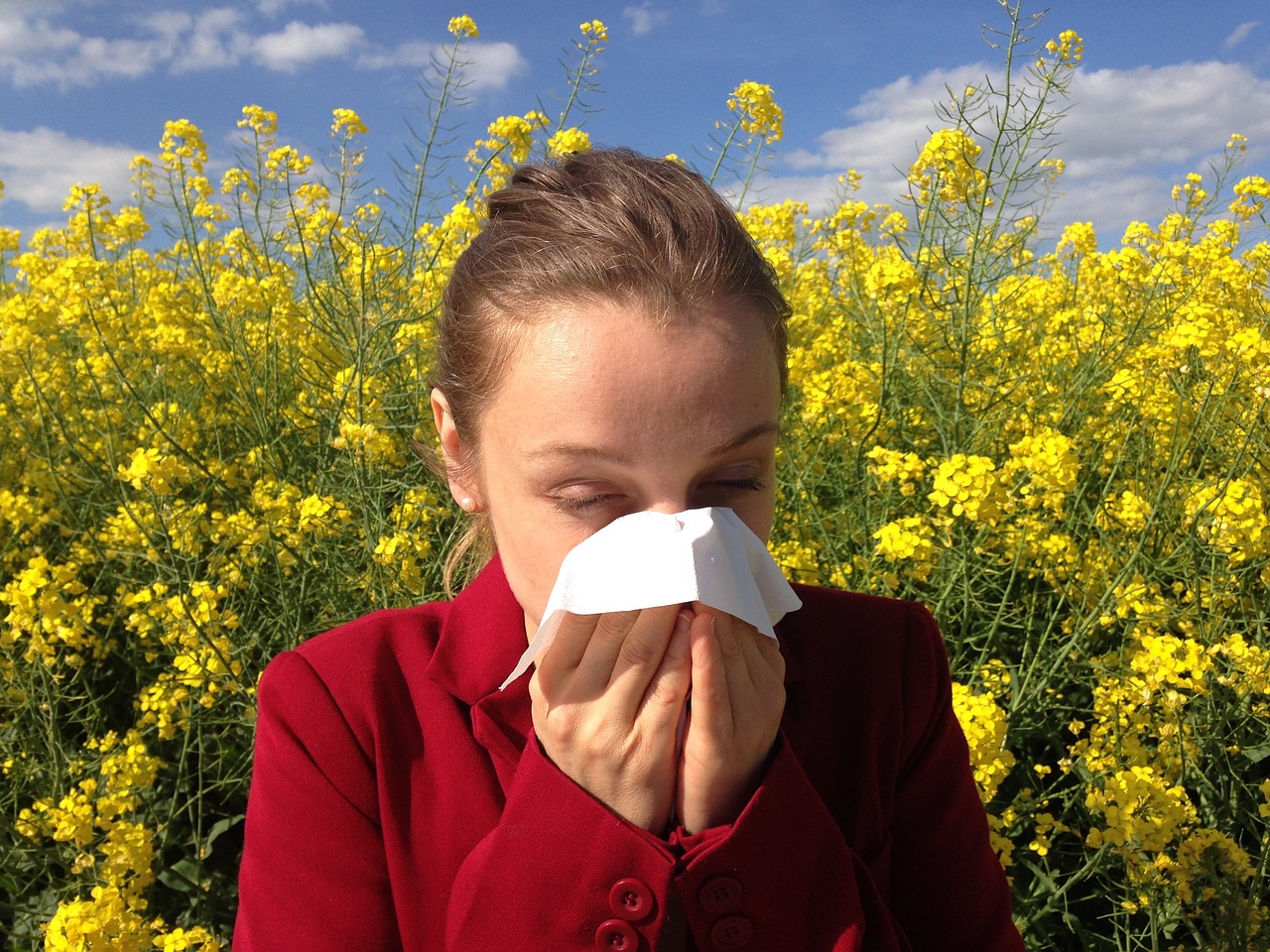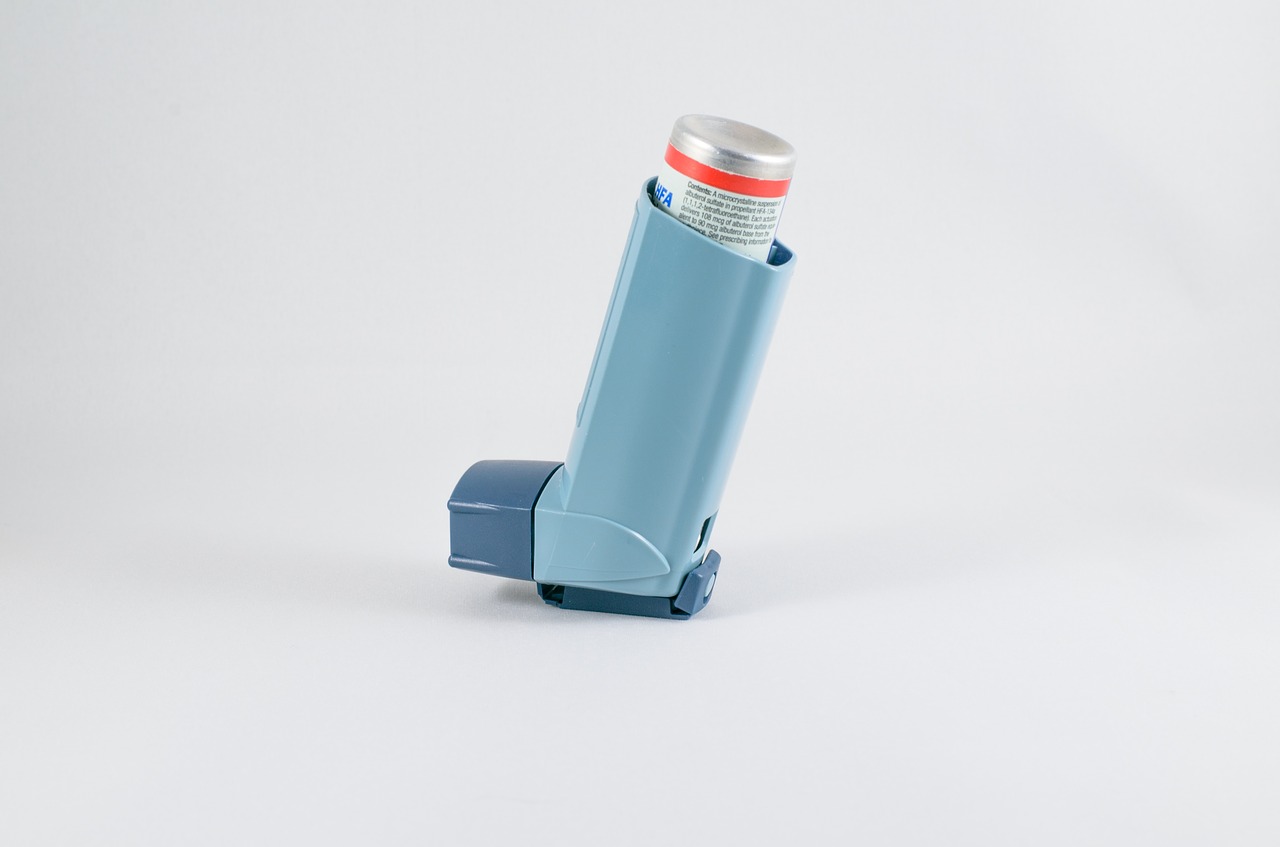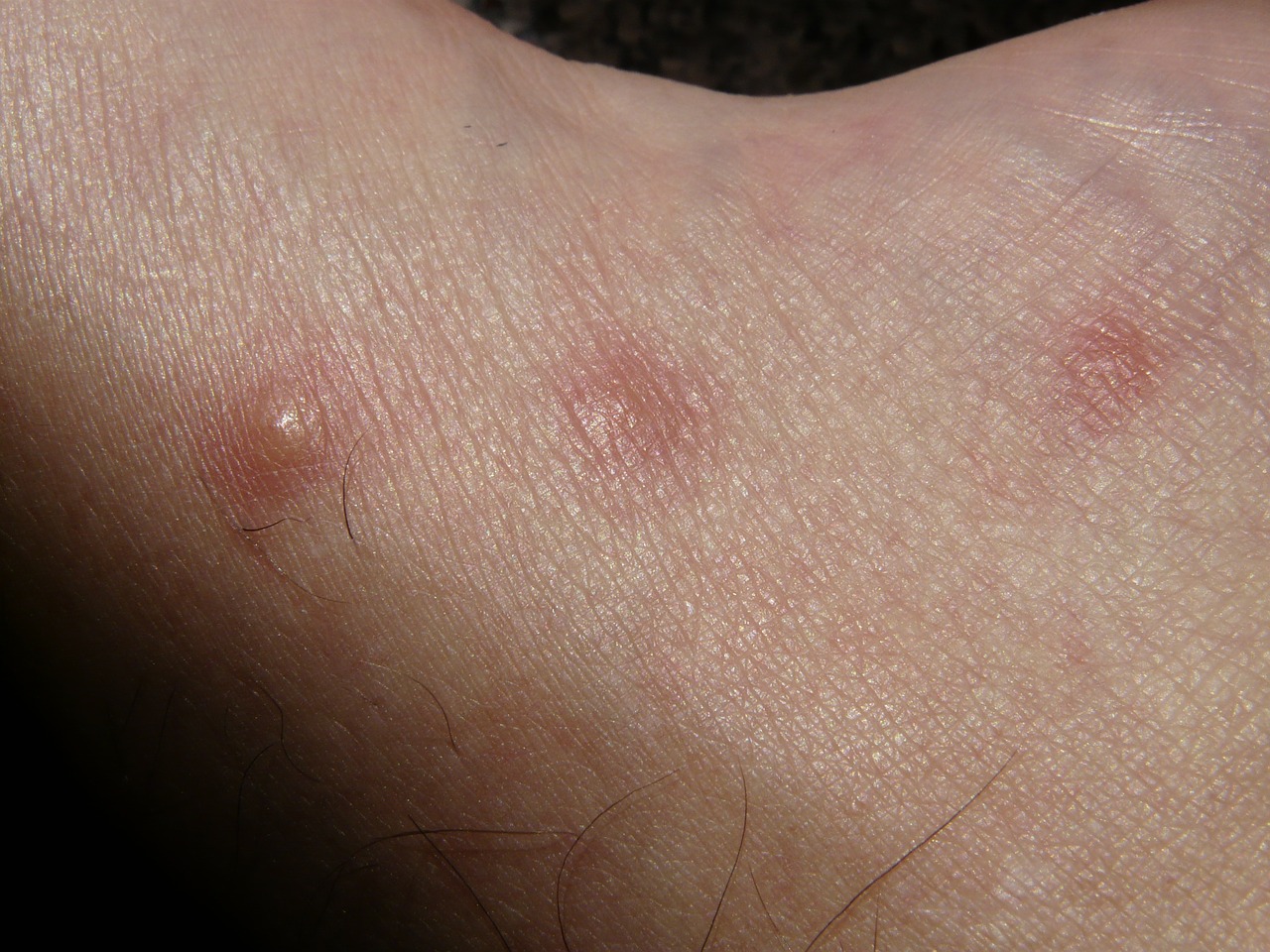Are Allergy Shots Effective? People talk about shots but for many people having an allergy can be debilitating. Some people may already have their health worries that cannot handle more from the problems that can be in association.
People need to know the pros and cons of anything they put into their bodies. Symptoms can overwhelm, so consideration of the shot should always be there if it is there to help. This can be the solution even more if the person cannot avoid the allergen.

Symptoms
People do not always know they are going through an attack. They may not know they have a sensitivity or it could have just developed. The first way to know if immunotherapy is necessary is to know what to look for.
Food can cause digestive problems, hives, or swollen airways. Drugs can cause hives, rash, and fever. Skin issues can be apparent by hives. Latex issues can cause minor irritation to shock.
Something that affects the lungs can be a worsening of asthma, such as wheezing and breathing issues. Seasonal issues can cause red itchy eyes, sneezing, and a runny nose. Mold issues can cause hives, wheezing, itchy and watery eyes, and difficulty breathing.
The worst of all of this can be anaphylaxis, which manifests as nausea, vomiting, skin rash, and shock. These all can be bad for a person at the moment. The best approach would be to remain calm and get an appointment to see a medical professional.

Are Allergy Shots Effective?
One of the biggest discussions you hear is whether the shots are good for you. The science and use got their start in 1911. Before that, people either dealt with it, died, or had the allergen introduced into them in a way to build up an immunity. With shots or immunotherapy, medical professionals see a safe treatment. While it still introduces the allergen, it is a controlled amount to cause the body to become desensitized.
There is a 60 to 70 percent reduction in symptoms, with usually a 70 percent reduction in the need for medicine are good percentages with people that suffer from problems. A child will see a 60 percent reduction in asthma. The immunotherapy has helped stop the development of new allergies. People who get this treatment see an 85% improvement. This is the science of the treatment that has been proven.
Why immunotherapy?
One of the most common reasons for the shots is because normal medication doesn’t control these issues. The medication can also have side effects that outweigh the shots. People also go this route when they want a reduction in their medication. Sometimes, we can’t avoid the allergens or the reactions are just too severe. There is also the fact that a person wants to do things they were being limited in. These are the reasons to go this route.
Shots can cause people to be squeamish. That is not because of what they hear from friends or something they picked up off the internet, but fear of needles. With all the science and knowledge, it still goes down to how people react.

Needles scare people. Doctors and nurses are used to that. Talk with the medical professionals and they can help with this. It is a normal fear, so people need not cancel a treatment. Doing this will remove an issue with immunotherapy.
Taking all the info presented to this point, it should show why a person should consider immunotherapy. Yes, shots have their downside, but proven effective, especially with what is available. There are new treatments, but they are not as available. The science has shown its effectiveness. The patient and medical professionals can work together to make sure it is a course to take.
Risks
As with any medical treatment, there is a risk. Two of the more extreme reactions would be anaphylaxis and death. These are extreme circumstances only. The less extreme risk is that the treatment will not work.
That can cause frustration, but it will not cause harm. Other remedies will need to be looked at, but this has to be a consideration. The professionals know what to watch out for, so they will make sure at every step.
A few things to consider
Are Allergy Shots Effective? One thing that people do not realize is that they can get or stop having an allergy when they reach maturity. That is a big time for the body, so there will be changes. A person will have to get with their doctor if they have questions. They could be simple, but there will still need to be tests and considerations.

Moving will not help. It is all manageable. Ask for help. Medical professionals deal with any kind of allergy and will know the effectiveness of immunotherapy. Listen, research, ask questions, and it will all help in understanding the problem.
One person to discuss this with is Dr. Kathryn Edwards, a Princeton-based allergist & specialist at the Becker Ear, Nose, and Throat Center. Dr. Edwards has many years of experience in the allergy & immunology field and served as Chief of Allergy/Immunology in the United States Army. Please contact the Becker Ear, Nose, & Throat Center for more information on allergies and Dr. Kathryn Edwards.